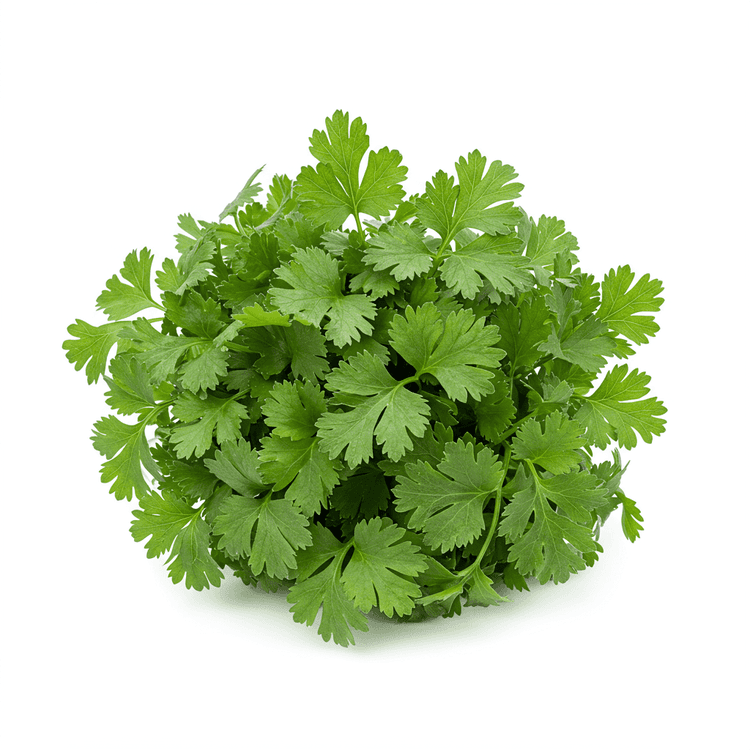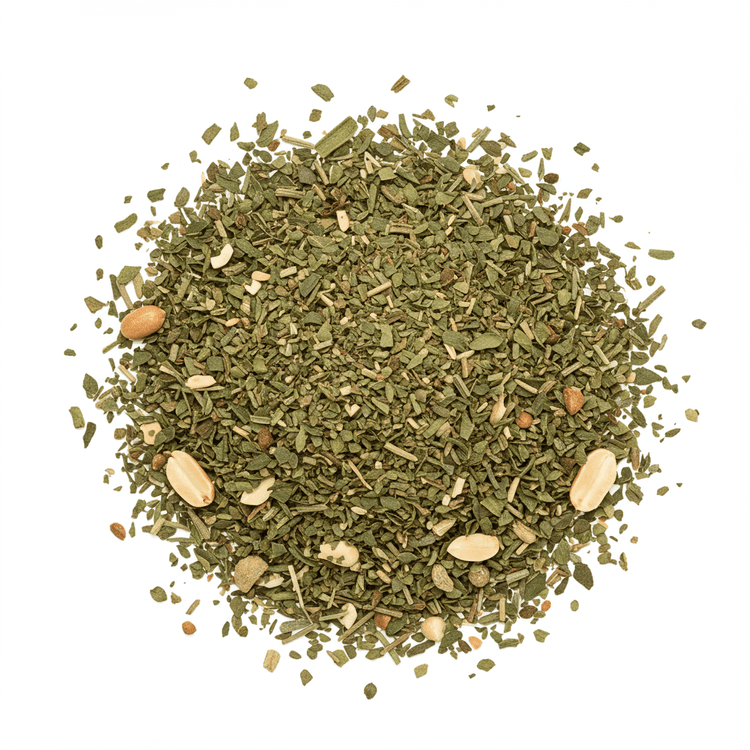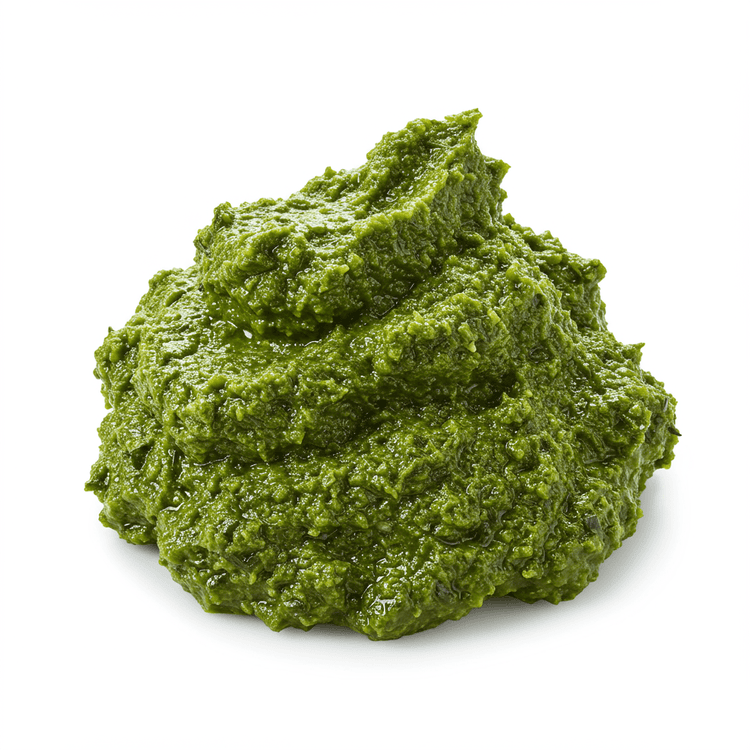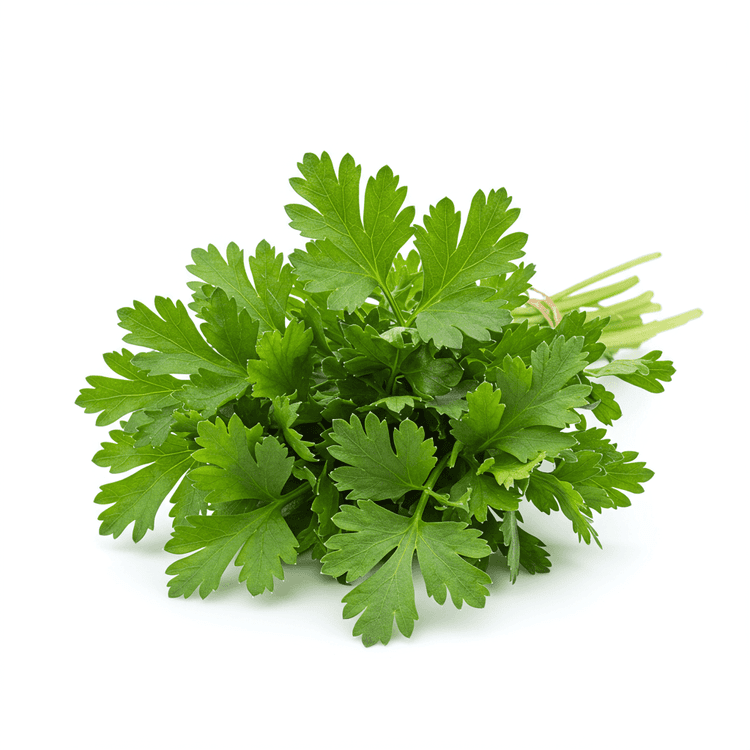
Fresh Herb
Fresh herbs are aromatic leaves used to add flavor, fragrance, and visual appeal to dishes. They are known for their vibrant, bright green color and delicate texture. Unlike dried herbs, fresh herbs offer a more pronounced and nuanced flavor profile. Common examples include basil, parsley, cilantro, mint, rosemary, thyme, and oregano. Using fresh herbs in cooking enhances the overall sensory experience, bringing a burst of freshness to any meal.
Common Uses
- Fresh herbs are frequently used as a finishing touch, sprinkled over dishes just before serving to add a burst of aroma and flavor. For example, chopped parsley on pasta or cilantro on tacos.
- Fresh herbs are often incorporated into sauces and dressings to impart a bright, fresh flavor. Think basil pesto or a mint vinaigrette.
- Many fresh herbs can be added to marinades for meats, poultry, and fish, infusing them with their distinct aroma and taste.
- Fresh herbs are commonly used to season vegetables, adding depth and complexity to simple side dishes. A sprig of thyme with roasted vegetables or dill with potatoes are good examples.
- Certain fresh herbs, like rosemary and thyme, are excellent for flavoring oils and vinegars, creating infused condiments for cooking and finishing.
- Fresh herbs are used in cocktails and other beverages to add refreshing flavor notes. Mint in a mojito or rosemary in a gin and tonic are popular examples.
Health Benefits
- Rich in vitamins and minerals for overall wellness
- Provides antioxidants to combat free radicals and support cellular health
- May possess anti-inflammatory properties, contributing to reduced inflammation
- Can aid in digestion and promote gut health
- Contributes to heart health through various phytonutrients
- Low in calories and can enhance flavor without adding unhealthy fats
Substitutes
Chefadora AI is here.
Experience smarter, stress-free cooking.
Storage Tips
Fresh herbs are best stored in the refrigerator to prolong their freshness. For leafy herbs like parsley or cilantro, trim the stems and place them in a glass of water, covering the leaves loosely with a plastic bag. Change the water every couple of days. For herbs like rosemary or thyme, wrap them loosely in a damp paper towel and store them in a plastic bag in the refrigerator. Some herbs, like basil, are best kept at room temperature in a glass of water. Avoid storing herbs near ethylene-producing fruits to prevent spoilage. For long-term storage, consider freezing herbs by chopping them and placing them in ice cube trays with water or oil.
Marnirni-apinthi Building, Lot Fourteen,
North Terrace, Adelaide, South Australia, 5000
Australia



